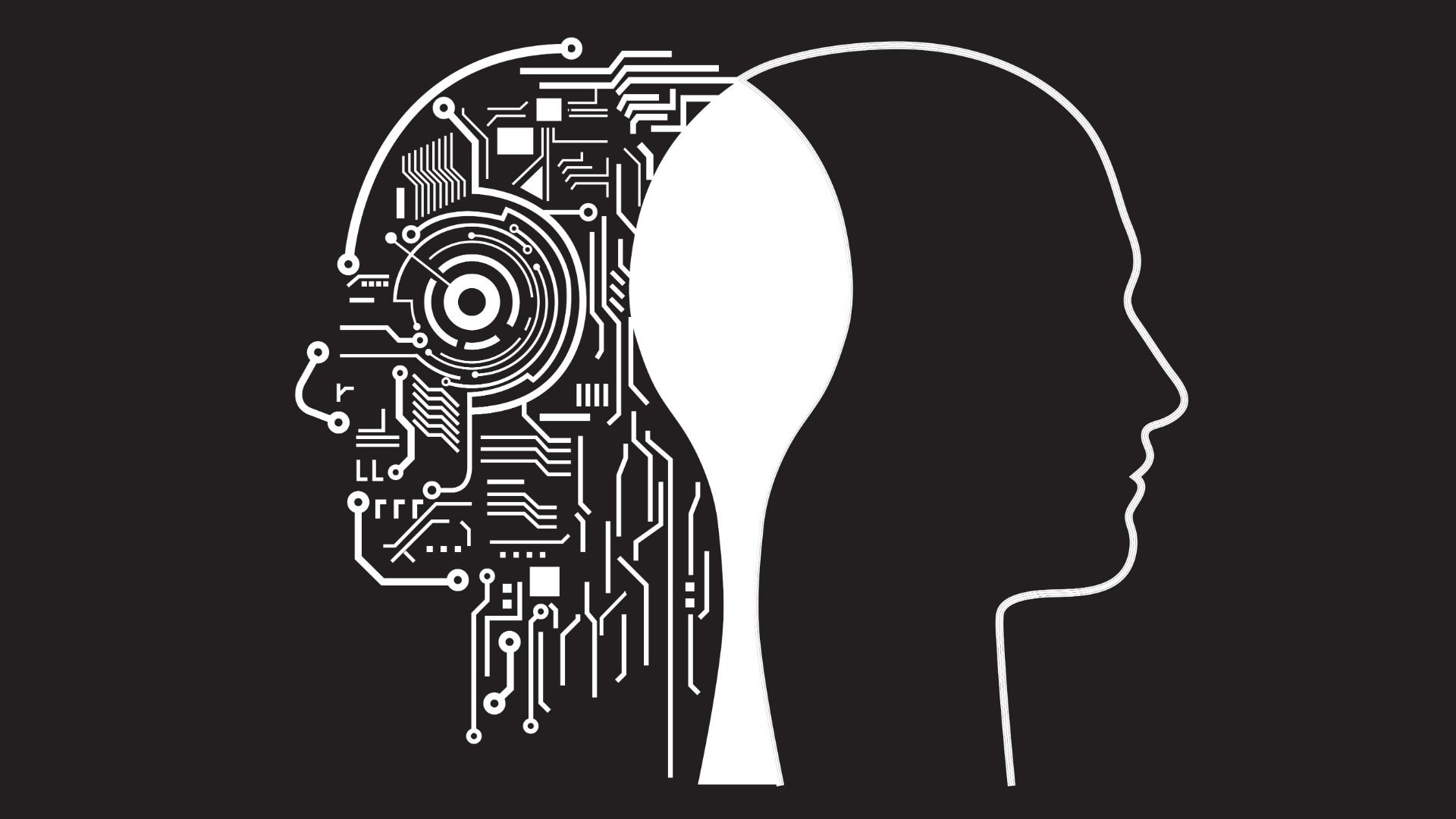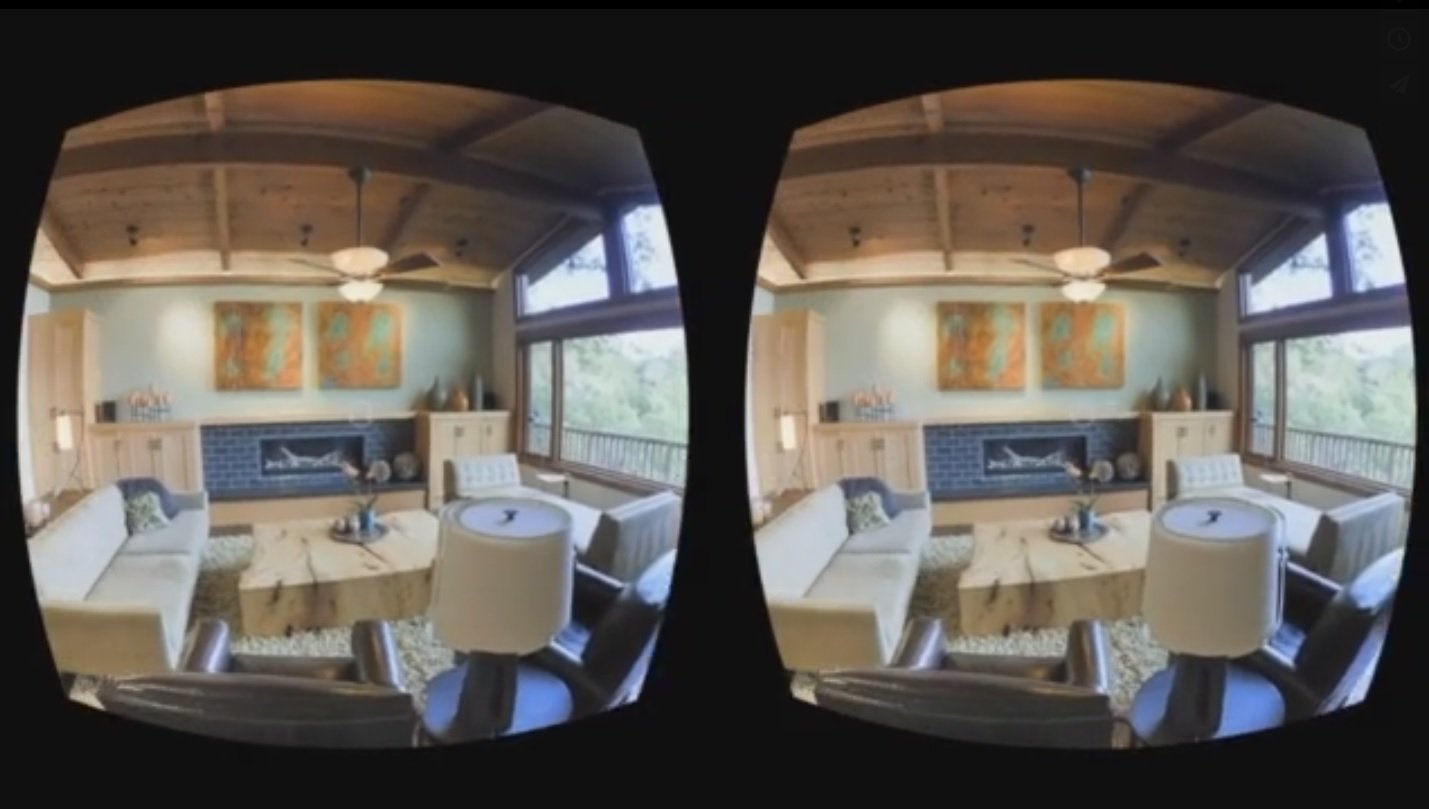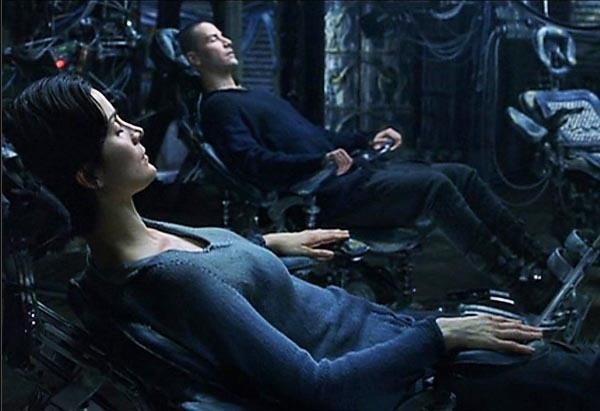The Evolution Of Virtual Economies And Their Future Global Impact On The World

Anyone alive in the last twenty years has no doubt experienced the growth of the internet from a basic useful tool into a mammoth sized economic power that has thousands of use cases in our everyday life. However, had you been asked in the 90s if you thought the internet would evolve so rapidly and become such an integral part of our society’s life, most would have scoffed. Many, even today, believe that the internet has stopped growing and most of the essential tools built for it have been created, but to me and others, who are taking notice of the innovation still happening in this space, it is clear this is just the beginning. I see the internet as a base layer of proof that virtual economies can exist and can work to provide livelihood to many around the world, but I see them evolving into something of a science fiction dream. I truly believe that within the next 100 years, we will have fully immersive, borderless and virtual economies that will dwarf the internet of today.
Immersive Virtual Interconnectivity Between Humans And The Internet
Virtual reality in the past few years has actually started to become a tangible reality that currently has some use cases, but the evolution of such systems will be the catalyst for a new paradigm in how we interact with the world and each other. The ultimate goal for virtual reality systems would be a system that provided the user immersive access to the internet directly to a point where their consciousness and the internet merge as one. Think of a matrix type of system that can be freely accessed from the comfort of your home, anywhere in the world. This complete immersion would quite literally create a second reality that one could live and interact with. Entire virtual worlds with access to all of our senses and feeling would be created to supply users with a boundless place to build only limited by creativity. With the creation and use of a device like this or something similar the following use cases would completely change the world into something unrecognizable to the people of today. Take in mind less extreme versions of this technology, without the merging of consciousnesses could also do the job, but im going to just assume the best case scenario for what could potentially be created.

Massive Borderless Labor Markets
The first and largest change that would take place would simply be having access to a global labor marketplace with jobs and opportunities presented to people, regardless of where or what country they reside. If decentralized and free of regulation, these markets would have free market pay and ideology prevail. However there is another option which would be to treat various virtual worlds like different countries with options to create governments and provide regulation in those worlds. As an employer or employee you would be able to pick and choose where you wanted to run your business or work depending on which virtual world suited your needs. No longer would you be burdened by which country or area you choose to live in the real world, when a massive job market is accessible virtually in your house.
The way companies would change in response to this new technology would be immense. The most competitive companies would now have access to the entire labor market which would include the most efficient and smartest workers from all over the world, which they would pay accordingly. Business overhead would potentially be less expensive as well because companies wouldn’t need to house workers during the day in physical buildings, but rather digital ones that could be purchased for cheap. Lower business costs would mean higher profitability which would better economic wellbeing for the employees and in return the global economy as a whole.

Creation Of An Almost Completely Virtual Retail Economy
If we think about how much ecommerce has grown, and is still growing, since the inception of the internet, it is mind blowing. For many years ecommerce was a joke to people and most “critically acclaimed” investors said it would never take off. Well, it did take off and now accounts for a giant portion of all international GDP. However, there is still something left to be desired with the online shopping experience that is available at in person retail stores. We as human beings still have a desire to touch, feel and most importantly try out products before we purchase them. With businesses that deal in products like clothing, perfume ect. we as consumers want to try the product before we buy it. With a completely virtual retail economy this could be achieved with virtual store fronts and the ability to try on a product before you buy it. Again, because of the lack of overhead for a small business running in one of the virtual worlds, the products would be less expensive and you know how they would fit when they were delivered to you in the real world. However, rather than just delivering you the product in the real world, you could be able to receive a copy in the virtual world as well. We already have a precedence set for virtual cosmetic items in MMORPGs and other multiplayer games. People will flock to the virtual retail economy because it provides them with a use case that is better than what we currently have.
Virtual Real Estate Markets
Virtual real estate markets also have a huge potential within the new virtual economies and worlds that will be created. Even though real estate would be able to be created relatively cheaply, storefronts, buildings and other locations that are considered prime real estate will be heavily demanded. There is a precedent set for this idea as well in an MMORPG called “Entropia Universe” , where one of the wealthier players purchased a space station and was able to make an income from it when other players would travel to new planets. Although completely virtual the property has had offers in the hundreds of thousands of dollars range. I foresee the same thing happening with real estate in the virtual worlds created, especially popular ones with millions of people accessing them. The idea of a virtual landlord would actually be feasible if someone was to purchase a lot of land and then rent it out. It would be like if each bitcoin created represented a plot of land and we were able to create buildings on that plot and rent it out. The possibilities with real estate are quite literally endless. Together with the creation of virtual worlds, the virtual real estate market would be massive.

In conclusion, many of the points I made here for a possible virtual economy might be seen as science fiction, which many of it is. However as we have seen with many technology before, technology inventions seem to stem from science fiction quite frequently. Who knows how different the world will be in 100 years. To put it in perspective, 100 years ago barely anyone was even using a radio, just think about what people 100 years in the future will be thinking about us. If my expectation for reality in the future does come true, I believe we will see what I have written about in the article take place.
-Calaber24p
